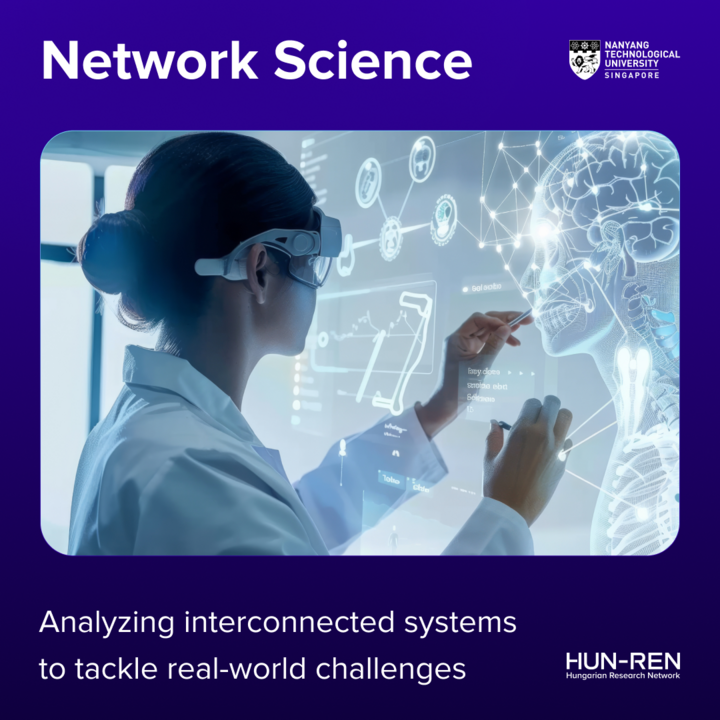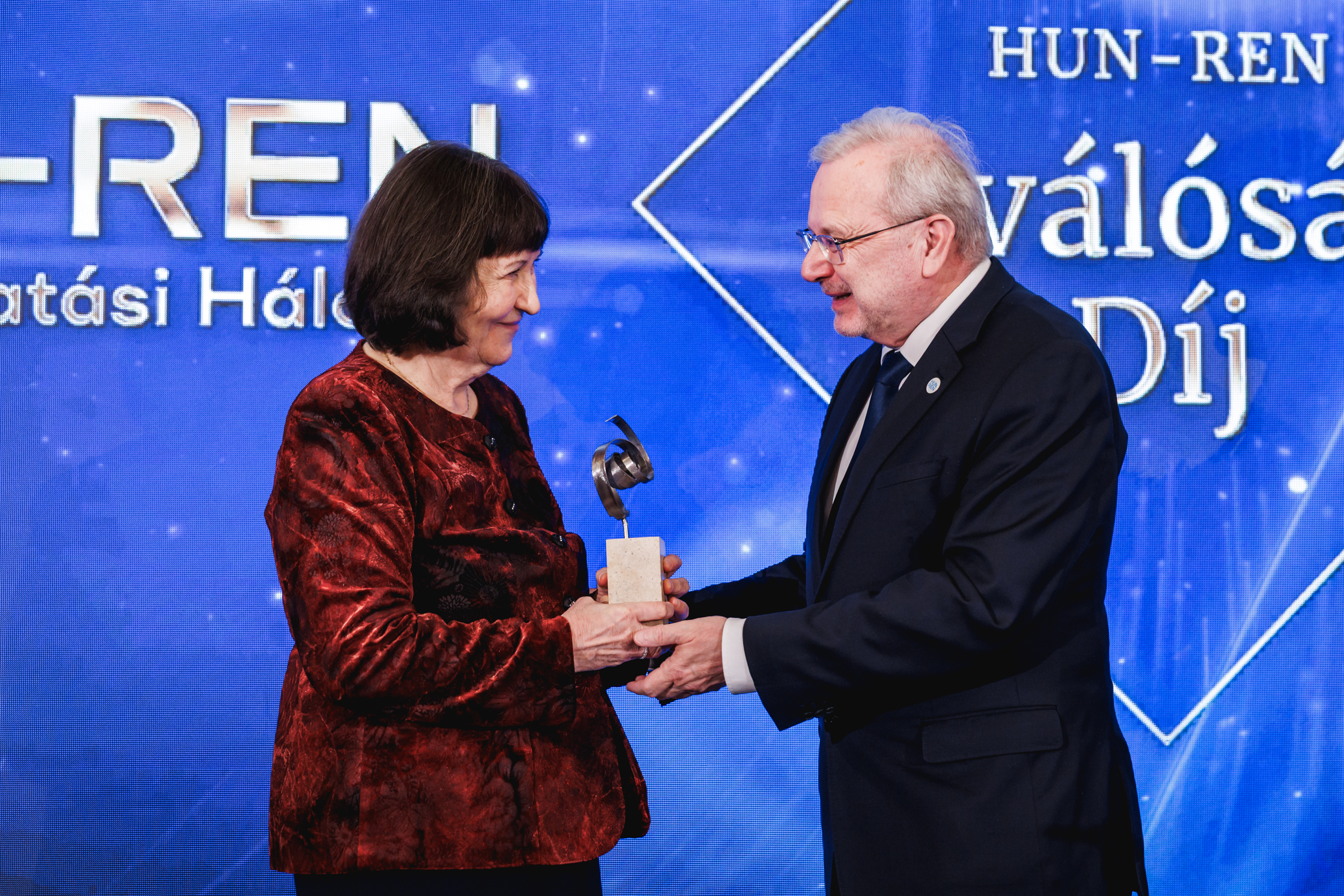Network Science May Open Up New Frontiers in the Analysis of Complex Systems
What role do networks play in our everyday lives? What do the spread of pandemics and traffic control have in common? And how can data-driven research help us better understand and manage these phenomena? These are just some of the questions to be explored at the HUN-REN AI Symposium 2025, taking place from 8 to 10 May at the Várkert Bazár, where the world’s leading AI experts and researchers will present the latest insights and developments in the field.
Network science plays an increasingly important role in understanding complex, interconnected systems—from social relationships and biological processes to communication structures and financial networks. The field is grounded in mathematical modelling and computational techniques, enabling researchers to uncover hidden patterns, optimise connectivity, and enhance system resilience.

Recent research explores the functioning of networks through a combination of graph theory, network dynamics, and AI-driven analytical approaches. Particular attention is paid to cascading failures, emerging behavioural patterns, and the improvement of network efficiency. Applications range from modelling the spread of pandemics and improving cybersecurity to traffic control and the analysis of economic systems. Advances in the field are strongly supported by interdisciplinary approaches and data-driven research.
Professor Albert-László Barabási is a distinguished researcher at Northeastern University in Boston and Director of the Center for Complex Network Research. In 1999, he discovered scale-free networks and introduced the Barabási–Albert model, which fundamentally transformed our understanding of networks—from biology to the internet. His scientific work has received numerous international awards.
Professor Stefan Thurner is a leading researcher at the Medical University of Vienna and the Complexity Science Hub Vienna, with over 290 publications. His work spans physics, mathematics, network theory, the life sciences, economics, and the social sciences. He holds three patents, is a visiting professor at the Santa Fe Institute and at Nanyang Technological University, Singapore, and is regarded one of the most respected experts in the field of complex systems.
Further details about the fourth session and the event are available here.

